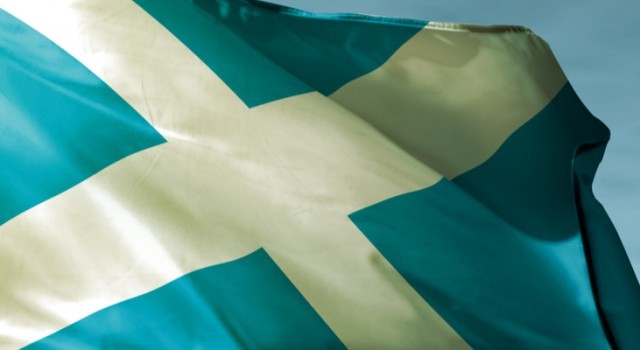- Scottish Based Firm
- 5 Local Offices
- Established over 25 Years
- Lower your Monthly Payments
- Write off a Proportion of your Debt
- Scottish Based Firm
- 5 Local Offices
- Established over 25 Years
- Lower your Monthly Payments
- Write off a Proportion of your Debt
- Scottish Based Firm
- 5 Local Offices
- Established over 25 Years
- Lower your Monthly Payments
- Write off a Proportion of your Debt
- Scottish Based Firm
- 5 Local Offices
- Established over 25 Years
- Lower your Monthly Payments
- Write off a Proportion of your Debt




